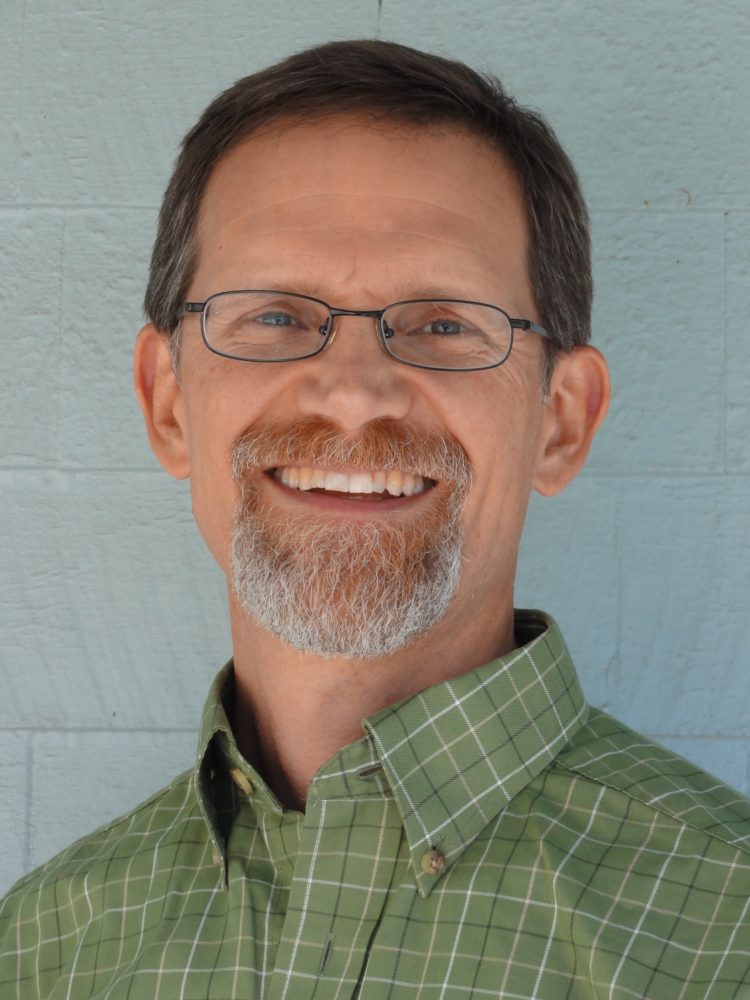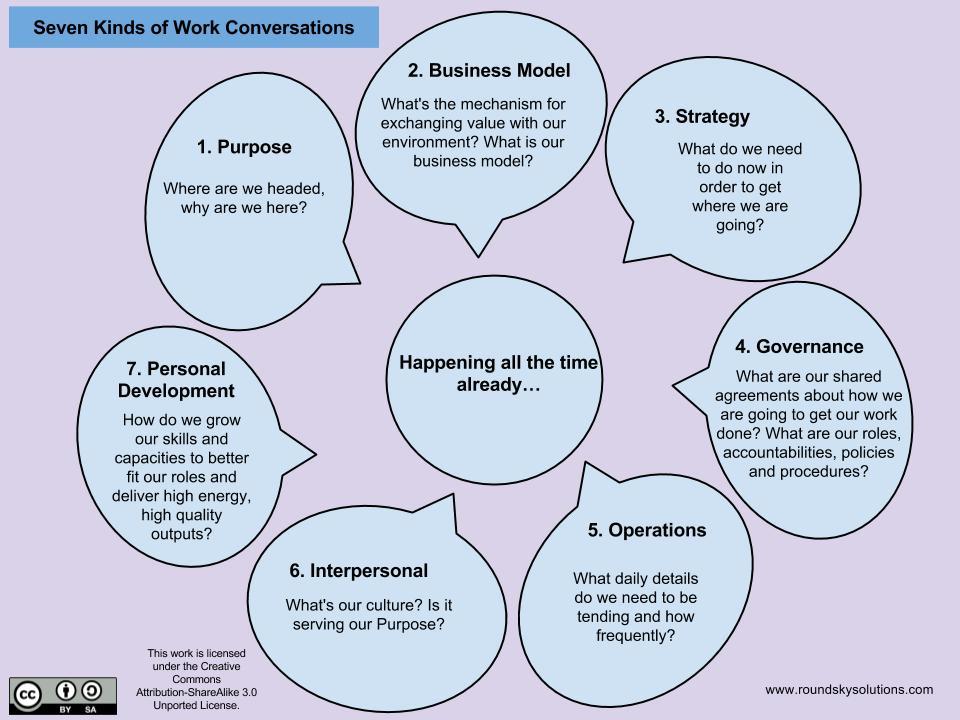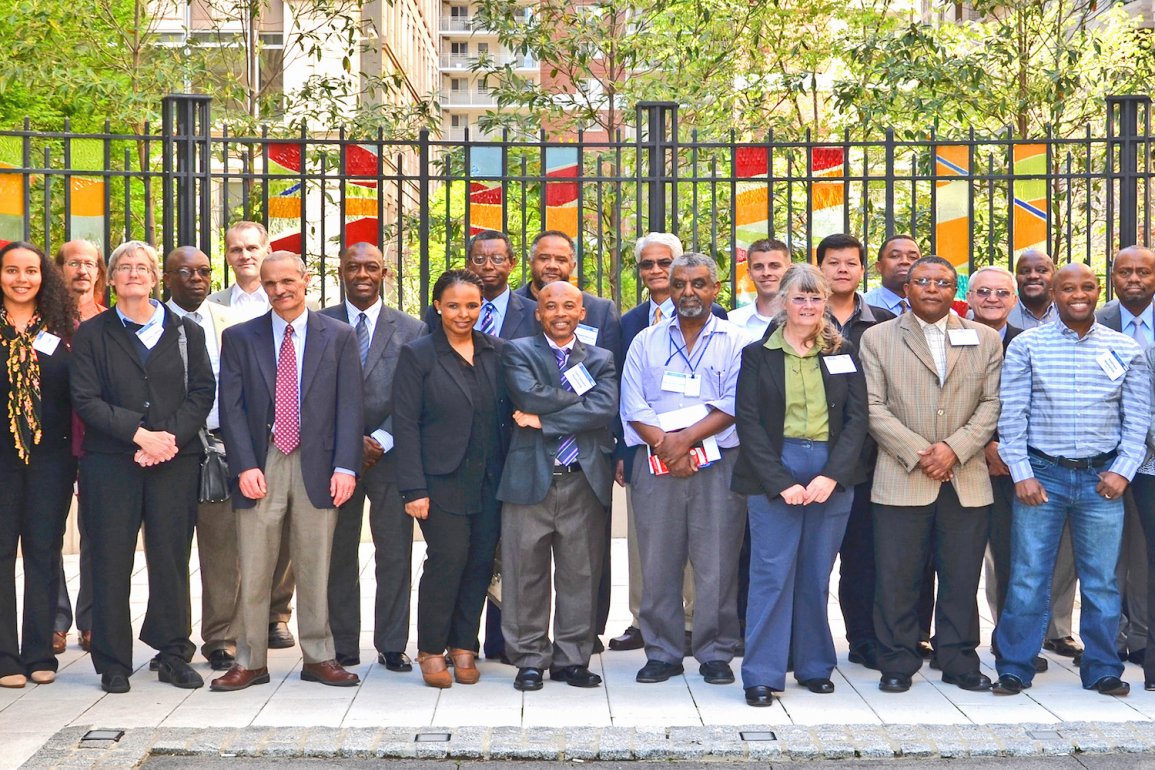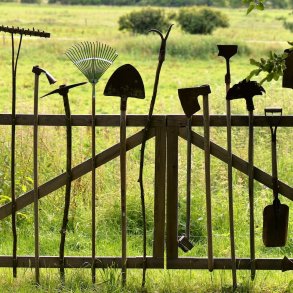By Rebecca Fisher-McGinty and originally published at Round Sky Solutions
“Collaborative leadership is really what many organizations seem to be moving towards. It feels not just like a set of practices that are helpful; it feels like it’s aligned with the kind of work the world needs to have done”
Andy Barker, Collab Student

Collaborative teams come in all forms, sizes, missions, and visions. I recently sat down with a student of Collab, Andy Barker, to talk about how he’s using the skills and tools he learned in Collab 101 to launch his new project.
A Burlington, Vermont native, Andy is currently designing an innovative school program, the Burlington City & Lake Semester. He is collaborating with a team of high school educators that share a vision for a vibrant, relevant and exciting education that reaches all kinds of students. (Find out more about the project here and consider donating to it!)
With a decade of experience in education and a decade of organizing work on Ben & Jerry’s Social Mission team, Andy has now put his dreams to work on a project that feels meaningful and timely. His organization’s mission is: ‘To empower young people as citizens, students, and community members through authentic, collaborative real-world learning experiences in and around the city of Burlington’.
The project itself is deeply collaborative, including a program design process that incorporates extensive input from students, community partners and school district stakeholders.
Our conversation was rich and diverse as we discussed how his team works together. This includes some of the key practices he is using to nurture a democratic workplace culture of accountability, empowerment, and honesty. Read on to hear what he’s done to get his team on board and go beyond ‘delegation’ to ‘ownership’ in their work.
There are countless ideas to pursue and tasks to complete because this project is in its start-up phase and is really energizing. However, Andy shares that he’s trying very hard not to go at 100 mph all the time. He’s very aware that he and his team are often pushing up against the edge of burnout. (Sound familiar?!).
He tries to remember that “there are a small number of really important things to get right and then everything else comes along.” He’s also taken to heart the idea of embracing incremental progress. He learned in Collab that 80% of the way to a solution is often good enough to operate. “We don’t have to solve everything; just enough to keep moving forward.”
This practice of not having to get everything solved and perfect has created an environment that allows work to progress within the amount of time that’s available. It often feels like there are a few loose ends sticking out, but the tasks that really need to be done can rise to the surface and get the attention they need.
With a collaborative management style, Andy has created a team that is excited to do the work. For those who know Collab, we call this a ‘Role to Soul Fit’; it’s pretty important for accountability.
When people are in roles that energize them and they have the necessary skills, they are simply more likely to do the work with care! Moreover, Andy says, “We are using Collab’s core idea that individuals have responsibility for specific tasks. They can make decisions within their area of work. In this collaborative framework, no one reports to me. I don’t have ownership of all the pieces and I’ve handed over much responsibility to others.”
One of Andy’s roles is Project Director, which includes an accountability for being a ‘Motivator’ and pulling all the pieces of the project together. He says: “Collab 101 was helpful because it gave me the framework for the 7 Conversations”. This acted as a road map for how to engage with his team. “This was incredibly helpful in opening up those different, necessary conversations and making sure we weren’t neglecting some aspect of the work.”

He goes on: “I don’t even feel like I’m delegating tasks to people. The word ‘delegate’ is so complicated and loaded. It’s like saying: well, I’m really responsible for this thing, but I’m going to ask someone below me to do it and keep me apprised of the progress. It’s not really giving people ownership.
“A collaborative approach is about giving other people real ownership and decision-making authority for different parts of the work. It’s also about recognizing that I’m as much a team member contributing to other people’s areas of responsibility as I am responsible for my own areas.”
When we crafted our flat, horizontal, and cooperatively managed teams, and gave people real ownership over their work rather than simply ‘delegating’, we tapped into the secret of creating an engaged team.
I asked him if his team has struggled with accountability since they’ve begun working together. All teams struggle with consistent accountability at one point or another. Accountability is a dynamic process and not static.
Andy says, “We’re doing pretty well. At moments, I have worried about team members not being as engaged and not delivering as fully on their accountabilities that they have agreed to”. However, “All four of us are highly intrinsically motivated by this project. We don’t really need a lot of work around accountability. Over the course of our time working together (nine months), I feel it’s gotten better and better because we’ve succeeded at really giving ownership of different parts of the work to individual people.”
As a team, they recently revisited the roles and accountabilities they agreed upon when they first started. Andy shares that the process really helped to connect his team members back to the needs of their organization and engage them with their work. It’s incredible how simply re-visiting our agreements and roles and becoming truly agile to our team’s shifting needs can nurture a culture of accountability and make a real difference.
We ended our conversation reflecting on leadership. Andy explained that he used to have a vision of leadership in which one leader had all the decision-making power, all the responsibility of supervision, and a full view of all the organization’s work. “Collab allowed me to let go of that idea of leadership” he says, “and instead to work collaboratively, giving other people permission to own parts of our project.”
Collab also allowed him to keep developing his skills as a leader with a growth mind set. “Everything is a work in progress – including me,” he says, “but now I have a rich set of ideas and frameworks from Collab that keep pointing me in the right direction.” He adds that his team are using some of these collaborative practices in the design process with students, building them into the plans for the City & Lake semester program when it launches next Fall. “I feel like they will be useful for students wherever they are going to work and … live.”
You can learn more about accountability and Collab at Round Sky Solutions
Affiliate Partnership Content.
Republished with permission of the author.
Featured Image/graphic link added by Enlivening Edge Magazine.




